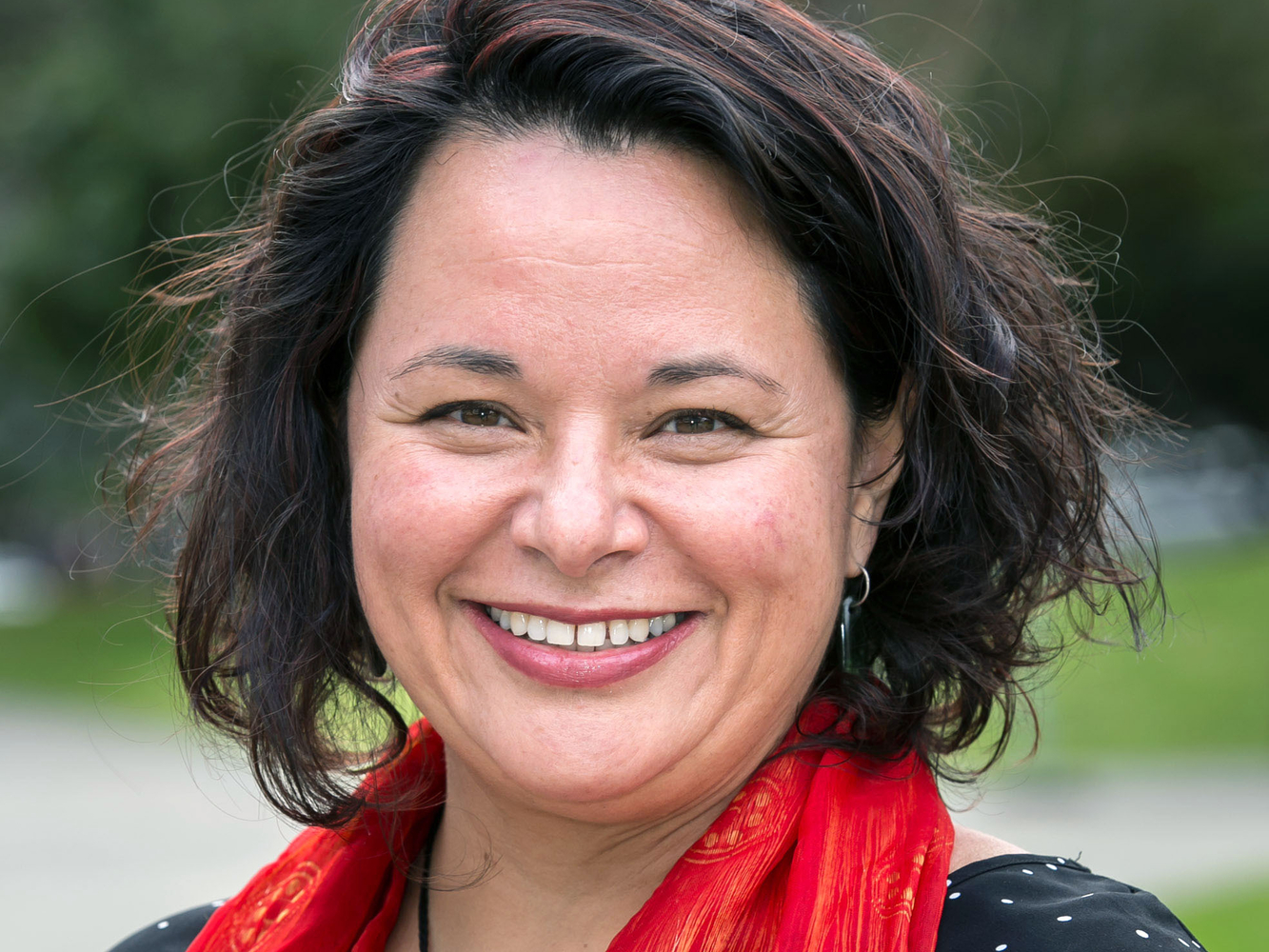
Ngā piki me ngā heke: Evidence-based rangatahi mental health prevention
Imagine a future in Aotearoa where all rangatahi Māori thrived, where they lived safe, loving, optimistic lives - and had communities that held, valued and supported them in times of difficulty.
Sadly, this is not what many rangatahi Māori experience today. Suicide is the leading cause of death for those aged 15-24 in Aotearoa, and Māori are more likely to die by suicide than any other ethnic group. Over the past decade, depression and anxiety symptoms have increased dramatically among secondary school-aged students, especially among Māori. The rapid decline in mental health is influenced by a complex combination of individual, contextual, historical and environmental factors. Our mental health services are struggling to respond to the increased need. Rangatahi Māori are more likely to experience mental health distress, less able to access the care they need, and less likely to get care they perceive to be helpful. In addition, rangatahi Māori encounter many barriers to accessing care, including discrimination when help-seeking. We are failing to provide good care for Māori, but it doesn't have to be this way. Much of the distress rangatahi Māori experience can be prevented or minimised before it gets out of hand. This project aims to look at how we can deliberately create environments that support rangatahi to stay well, and systems that always respond with compassion and support when they are struggling. If rangatahi Māori feel valued and cared for, have strong support systems in their homes, schools and hāpori (communities), then they are likely to do better when they experience tough times. We cannot protect young people from all mental health harm, but we can minimise it significantly. What we don't know is how to do this effectively for rangatahi Māori. Mainstream strategies continue to prioritise universal approaches ahead of locally generated Indigenous youth strategies based on their preferences and needs. Our rangahau roopu want to address this by:
- Identifying key contemporary risk and protective factors for rangatahi Māori mental health;
- Exploring the experiences of rangatahi Māori who encountered periods of distress, low mood, and other non-clinical mental health issues, and what factors they felt helped them through the ‘tough times’;
- Analysing, collating and generating the ‘state of the evidence’ that promotes positive mental health and wellbeing among rangatahi Māori; and
- Co-creating a pilot population-level strategy with rangatahi and stakeholders that uses creative techniques to support rangatahi Māori to thrive.
We will bring all this together in a ‘state of the evidence’ report. Based on this report we will design a pilot strategy co-created with rangatahi and expert stakeholders to deliver evidence-based mental health strategies for rangatahi Māori. This will inform our next phase of research.

Help fund our big research.
Every bit helps.
